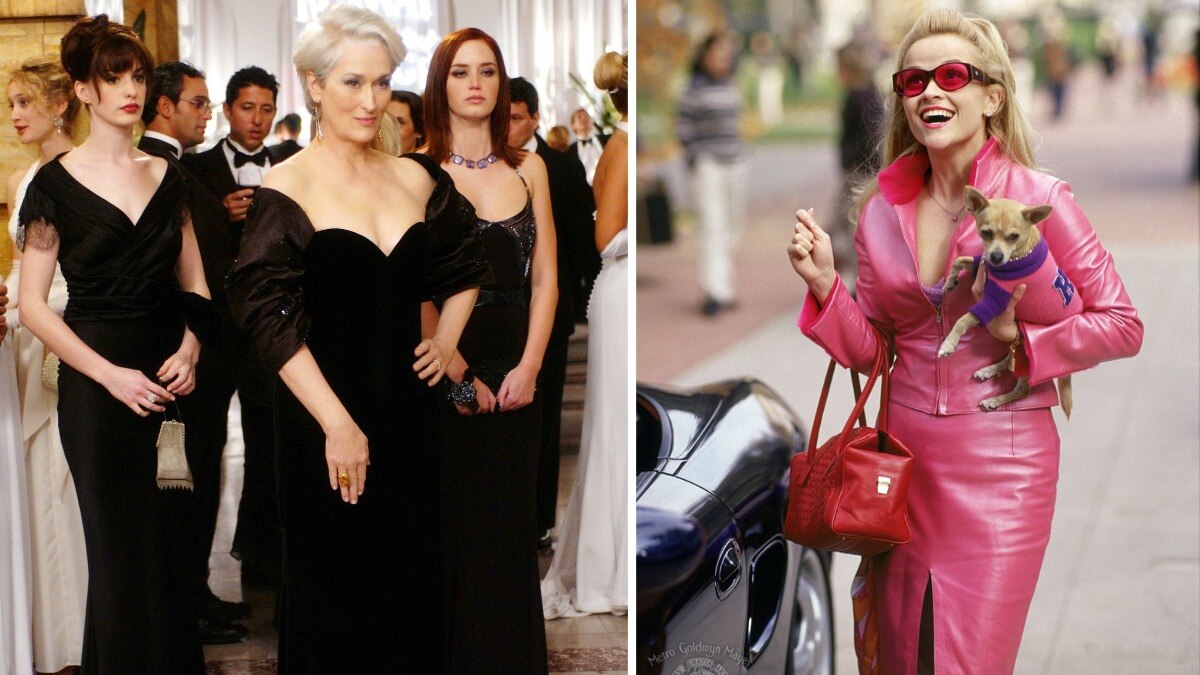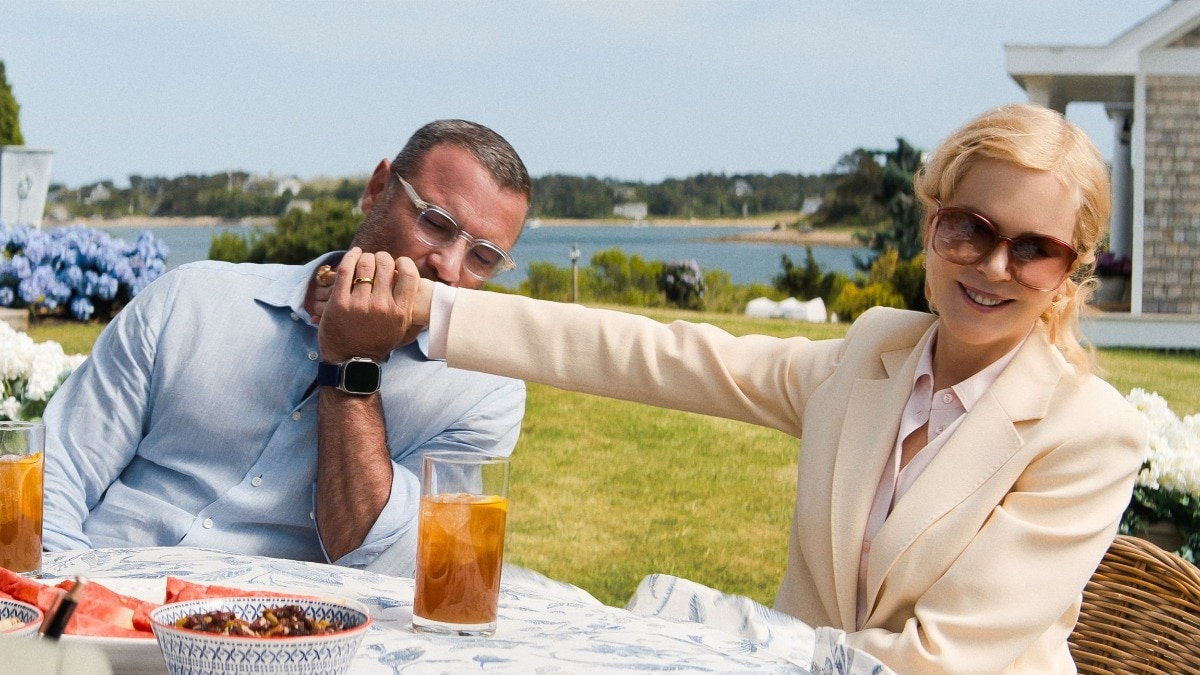
Three athletes delve into what it takes to make an Olympic champion and their quest to win the prestigious gold
Arjun Babuta, Sift Kaur Sarma, and G Sathiyan speak to Bazaar India about their preparation, staying mentally fit, not letting the occasion get the better of them, and more.


Four years, one moment—that is what it all boils down to for athletes participating in the Olympics. They spend years training for it, and nothing would ever compare to the feeling of (possibly) standing on the podium and seeing their country’s flag waving in front of them (and their national anthem play along should they claim gold).
With the 2024 Paris Olympics commencing in less than two weeks, Bazaar India caught up with three talented Indian athletes—Arjun Babuta, who will be participating in the men’s 10M air rifle, Sift Kaur Samra from the women’s 50m rifle 3 positions, and Indian table tennis player, G Sathiyan. Prepared to give it their best shot, the trio discuss their preparations, the importance of staying physically and mentally fit, learning from their setbacks, and more.
When dreams turn into reality

Relief, joy, or contentment? What does an athlete feel when they find out they’re going to the Olympics? For the trio, knowing that they will be representing their country is a feeling that is hard to express. After all, it is not just their victory, but a success story for their coaches and their loved ones.
Arjun Babuta set a new record at the Olympic Selection Trials of Rifle and Shooting, scoring a sensational 254.0 in the men’s 10m Air Rifle category. When asked about it, Babuta shared that he didn’t really feel much at the moment. “Pressure for me is exciting,” he adds. “We compete for the thrill and excitement, and that’s what makes me feel alive. I broke the record because I focused on my process. And I love to repeat it as it helps me stay in the moment and do my best.” The 25-year-old added that he didn’t have time to celebrate as he was busy repairing his weapon.
Sift Kaur Samra, on the other hand, knew that her victory at the trials in Bhopal wasn’t hers alone. “It was a big deal for my family as well, as we share the same dream.” G Sathiyan, who was part of the Indian team winning gold at the Commonwealth Games in 2018 and 2022, is no stranger to big tournaments. However, Paris is a special feat. “Being a part of the Indian team at the Olympics is a huge moment because it’s happening for the first time.”
Being physically and mentally prepared
There are about 10,672 athletes participating in the Paris Olympics. While their disciplines and events may differ, they all make it a point to be in their best shape physically. But what really makes a difference is how they’re feeling mentally. Babuta has a smart way of dealing with participation jitters. “I visualise a scenario where I’m happy or grateful, which helps regulate my emotions, allowing me to return to the present.” He also avoids doing anything related to shooting during breaks between competitions in order to properly unwind. Further, he likes to keep a positive mindset and avoids using negative words when speaking to himself. “That’s something that’s helped me handle any situation that comes my way. It’s changed my life for the better,” Babuta says.
Samra believes that occasionally taking a step back can help you move forward. “There will be days where you don’t feel like training, and that is when you should rest and reset. Sometimes, small sessions can give you a boost and remind your body that you have to perform. You need to control your body and brain and stay happy and relaxed.”

All players adhere to strict routines for their practice, fitness, and even their diet. For Sathiyan, it's the word routine that always seems to do the trick. “We always experience mental blocks, but it’s important to not give in to it. Having a system in place that allows you to recover and be in the best possible shape is critical. You can’t enter a tournament and not feel like playing; you have to train like you’re going to play a match. TT is so fast that you need to make decisions in microseconds. This is where the mental preparation comes in. Both players may be in the best physical shape, but only the player that is mentally prepared will come out on top.”
Dealing with setbacks
Often it is defeat and not victory that plays a key role in making a world-class athlete. As they reflect on their achievements, the trio discusses the key moments that made them better. For Babuta, it was the city of Changwon, South Korea. Remembering his defeat in the 2018 World Championship, Babuta spoke about how the experience left him traumatised. His return to the venue for the ISSF World Cup in 2022 was met with fear, but he managed to overcome that fear and bag a gold! “I decided to fight it (the fear), and I won. I learned to not have too many expectations when you’re in the game. Be realistic and focus on the process instead. You can’t change what happened, but you can try to improve. The negatives teach you what you need to work on. But you have to use logic, or you won’t be able to perform your best if there are too many emotions.”
Setbacks allow you to recognise what you need to improve. The same holds true for Sathiyan, who ‘has always come back very strong after a defeat’. “You get into the details and figure out areas of improvement, learn to handle your schedule and body better, how to optimise performance, and recover well. That’s equally important as physical preparation,” he says.
Not letting the occasion get the better of them

An athlete isn’t just playing the game or the opponent but the occasion as well. Some people crave this setting, while others buckle under pressure. Samra, however, likes to play it cool. “It may be a big tournament, but you have to train the same way. You know it’s the Olympics, and your mind may put on that pressure, making you forget the basics and techniques. For me, it’s a normal match where I have to do what I have always been doing. Do that, and things will be just fine.”
While Sathiyan knows what it’s like to represent India at a big event, his experience is different compared to others. He didn’t make the six-member squad but has been named a reserve, wherein he will be called into action should one of his teammates get injured. “You may be excited to see top athletes around you, but you need to accept the aura of the event and feel at ease when you’re finally there. Accept your surroundings and this reality, and prepare accordingly. Treating it like a normal match is critical.”
Unlike his teammates, who will have a match to play, Sathiyan will cheer his team from the sidelines and prepare for the worst. “There is no time to switch off, as you can be called at any time. I’ve been training just like the main players because I’ll be the first to fill in. I’m playing combinations with the team so that we have a contingency plan in place. I hope nothing happens to the team, but I am prepared if something unfortunate happens. It’s important to train and prepare for the unexpected. You don’t want to be in a situation where you haven’t prepared and trained enough.”
Image credits: Arjun Babuta, G Sathiyan, WTT, Sift Samra










